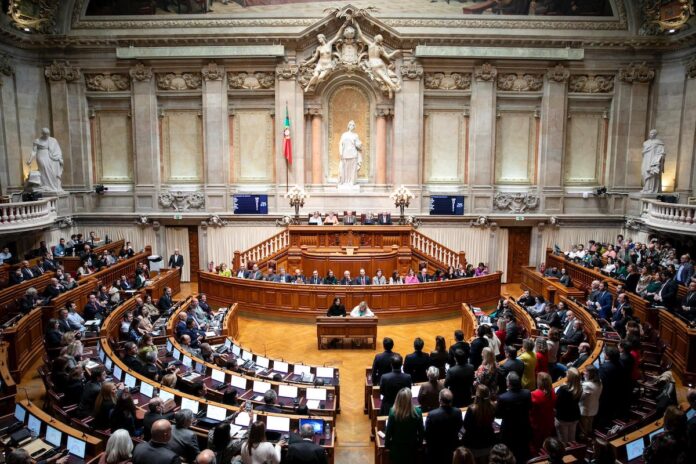Portugal has granted foreign residents another year of tax breaks despite criticism that the scheme launched in 2009 has put the cost of housing beyond the reach of many Portuguese.
On Wednesday, the Portuguese parliament extended the tax break scheme until the end of next year.
To qualify, applicants are required to provide evidence that they made preparations to move to Portugal during 2023. They must produce, for example, an employment or housing contract that has signed by the end of this month.
Under the scheme, people who become residents by spending more than 183 days a year in the country benefit from a ten-year special 20% tax rate on Portuguese-sourced income. This applies to “high value-added activities”, such as doctors and university teachers.
Known as the Non-Habitual Resident scheme, benefits also include tax exemptions on almost all foreign income when taxed in the country of origin and a 10% flat tax rate on foreign-sourced pensions.
The scheme, first introduced to attract investors and professionals at a time when Portugal was undergoing its financial crisis, is also open to Portuguese citizens who have lived abroad for five years or more.
Calling the scheme a “fiscal injustice that is no longer justified”, Prime Minister Antonio Costa promised in October that he would close the scheme by the end of the year. A measure to do so was included in the draft 2024 budget.
However, after Costa’s resignation last month, the ruling Socialist Party reversed itself saying it was important to “safeguard the legitimate expectations” of those who had already made the decision to immigrate or return to Portugal. The proposal that the scheme remain in place until end 2024 was approved this week when the Portuguese parliament voted on the budget bill.
Official statistics show that more than 74,000 people had benefited from the scheme by the end of 2022. Tax exemptions cost Portugal’s state budget more than 1.5 billion euros, an annual increase of 18.5%, last year.

